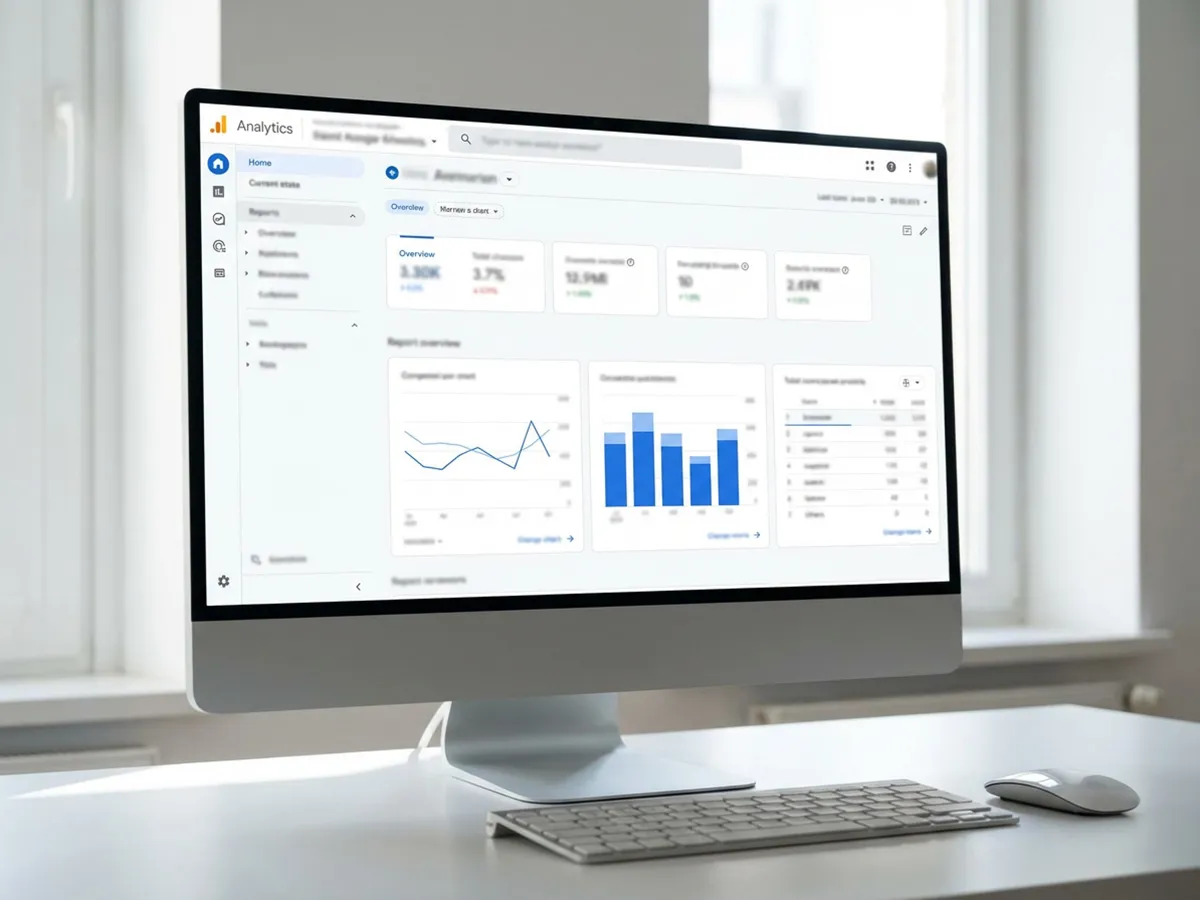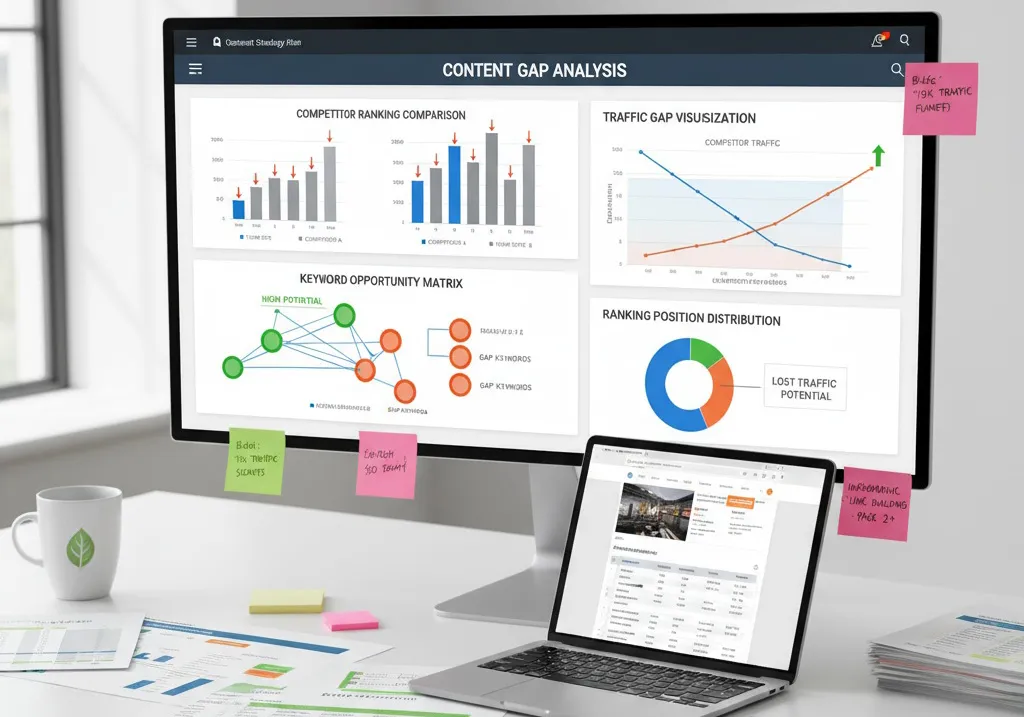A marketing calendar is your strategic roadmap for planning, organizing, and executing marketing campaigns across all channels. This comprehensive planning tool ensures consistent messaging, prevents campaign conflicts, and maximizes your marketing ROI by keeping your entire team aligned on priorities and deadlines.
In today’s competitive digital landscape, businesses using structured marketing calendar templates see 67% better campaign performance compared to those without organized planning systems.
What is a Marketing Calendar and Why You Need One
A marketing calendar template serves as your central command center for all marketing activities. It’s a visual planning tool that maps out your content marketing strategy, campaign launches, seasonal promotions, and key marketing milestones throughout the year.
Key benefits of using a marketing calendar include: • Improved team coordination and accountability • Better resource allocation and budget management • Consistent brand messaging across all channels • Reduced last-minute rushes and missed deadlines • Enhanced campaign performance tracking
Essential Types of Marketing Calendar Templates for 2025
Different marketing channels require specialized planning approaches. Here are the most effective marketing calendar formats for modern businesses.
Content Marketing Calendar
A content calendar (also called an editorial calendar) centralizes all your content creation efforts, from blog posts to video content. This planning tool helps maintain consistent publishing schedules while ensuring content quality and SEO optimization.
Essential elements for your content marketing calendar:
- Content publication dates and deadlines
- Target keywords and SEO requirements
- Content formats (blog posts, videos, infographics)
- Author assignments and review workflows
- Content distribution channels
- Performance tracking metrics
Pro tip: Align your content calendar with your SEO strategy to maximize organic search visibility.
Social Media Marketing Calendar
A social media calendar ensures consistent posting across all platforms while maintaining brand voice and engagement. This tool helps you plan content themes, track posting frequency, and coordinate cross-platform campaigns.
Key components of effective social media planning:
- Platform-specific content scheduling
- Visual asset requirements and deadlines
- Hashtag strategies and trending topics
- Community management tasks
- Social media analytics tracking
- Cross-promotion opportunities
Email Marketing Calendar
An email marketing calendar organizes your email campaigns, newsletters, and automated sequences. This planning tool helps optimize send times, prevent list fatigue, and coordinate email marketing with other channels.
Critical elements for email campaign planning:
- Send dates and frequency optimization
- Subject line testing schedules
- Audience segmentation strategies
- A/B testing timelines
- Email automation sequences
- Performance analysis dates
Campaign Marketing Calendar
A marketing campaign calendar provides the big-picture view of all your promotional activities. This master calendar prevents channel conflicts and ensures coordinated messaging across your entire marketing mix.
Essential campaign calendar components:
- Campaign launch and end dates
- Marketing objectives and KPI targets
- Budget allocation across channels
- Team responsibilities and deadlines
- Brand messaging guidelines
- Cross-channel coordination points
Holiday Marketing Calendar
A seasonal marketing calendar helps you capitalize on key shopping periods, industry events, and cultural moments. This specialized calendar ensures you’re prepared for high-impact marketing opportunities throughout the year.
Important seasonal planning elements:
- Holiday marketing campaigns and themes
- Black Friday marketing and promotional strategies
- Industry conference and event schedules
- Product launch windows
- Budget allocation for peak seasons
- Influencer marketing collaboration timelines
How to Build Your Marketing Calendar Strategy in 5 Steps
Creating an effective marketing calendar requires strategic planning and careful consideration of your business goals and available resources.
Step 1: Choose Your Marketing Calendar Software
Select a platform that matches your team size, budget, and collaboration needs. Popular options include Google Sheets for simple planning, or advanced tools like Asana, Monday.com, or CoSchedule for complex campaign management.
Key features to evaluate:
- Real-time collaboration capabilities
- Integration with existing marketing tools
- Mobile accessibility for remote teams
- Automated notifications and reminders
- Marketing analytics integration
- Custom reporting features
Step 2: Define Your Marketing Channels and Priorities
Identify which channels deserve calendar space based on your target audience behavior and business objectives. Focus on 3-5 primary channels rather than spreading efforts too thin across every available platform.
Channel prioritization factors:
- Audience engagement rates and ROI
- Resource requirements and expertise
- Competitive landscape analysis
- Long-term growth potential
- Integration capabilities
Step 3: Structure Your Calendar Framework
Create a standardized format that captures essential information for every marketing activity. Consistency in your calendar structure improves team adoption and reduces confusion.
Core calendar elements:
- Campaign names and descriptions
- Start and end dates with milestones
- Marketing budget allocations
- Team member assignments
- Success metrics and KPI tracking
- Status updates and approval workflows
Step 4: Implement Marketing Workflow Processes
Establish clear processes for how work moves through your calendar system. Well-defined workflows prevent bottlenecks and ensure quality control at every stage.
Workflow best practices:
- Define approval stages and requirements
- Set realistic timelines with buffer time
- Create backup plans for missed deadlines
- Establish quality checkpoints
- Document revision processes
Step 5: Monitor and Optimize Performance
Regular calendar reviews help identify improvement opportunities and ensure your planning efforts translate into better results.
Optimization strategies:
- Weekly team check-ins and updates
- Monthly performance reviews
- Quarterly calendar process improvements
- Annual strategy alignment sessions
Marketing Calendar Best Practices for Maximum Impact
Implementing these proven strategies will help you get the most value from your marketing calendar investment.
Maintain Calendar Accuracy and Updates
Your marketing calendar is only valuable if it reflects current reality. Establish clear processes for keeping information current and accessible to all team members.
Update management tips:
- Assign calendar ownership responsibilities
- Set regular review schedules
- Use status indicators for project phases
- Archive completed campaigns properly
- Document lessons learned for future planning
Coordinate Cross-Channel Marketing Campaigns
Ensure your marketing messages reinforce each other across all channels. Coordinated campaigns create stronger brand impressions and improve overall campaign effectiveness.
Cross-channel coordination strategies:
- Align messaging themes and timing
- Share creative assets across channels
- Coordinate content distribution schedules
- Track unified campaign metrics
- Plan integrated customer journeys
Plan for Marketing Analytics and Reporting
Build measurement and analysis into your calendar from the beginning. Regular performance reviews help you understand what’s working and guide future planning decisions.
Analytics planning essentials:
- Define success metrics for each campaign
- Schedule regular performance reviews
- Set up automated reporting where possible
- Plan for A/B testing opportunities
- Document insights for future campaigns
Marketing Calendar Templates and Tools for Every Team
The right template makes calendar creation faster and ensures you don’t miss critical elements. Here are proven templates for different marketing functions.
Free Marketing Calendar Templates
Start with these tested templates that cover the most common marketing planning needs:
- Annual Marketing Calendar: Master planning template for yearly strategy
- Content Marketing Calendar: Editorial planning with SEO focus
- Social Media Calendar: Multi-platform scheduling template
- Email Marketing Calendar: Campaign and automation planning
- Holiday Marketing Calendar: Seasonal campaign planning template
Advanced Marketing Calendar Tools
For teams needing more sophisticated features, consider these specialized platforms:
Professional calendar tools:
- CoSchedule: All-in-one marketing calendar with analytics
- Hootsuite: Social media focused with scheduling
- HubSpot: Integrated marketing automation calendar
- Notion: Customizable workspace with calendar views
- Airtable: Database-powered marketing planning
Transform Your Marketing Strategy with Better Planning
A well-executed marketing calendar transforms chaotic marketing efforts into strategic, coordinated campaigns that drive measurable results. By implementing the frameworks and templates outlined in this guide, you’ll create a planning system that scales with your business growth.
Remember that the best marketing calendar is one your team actually uses consistently. Start simple, focus on your most important channels, and gradually add complexity as your planning processes mature.
Ready to elevate your marketing planning? Download our proven templates and start building your strategic marketing calendar today. Your future self (and your marketing results) will thank you for the investment in better planning and coordination.
For advanced digital marketing strategy support, consider tools like SEMrush for keyword research and competitive analysis, or Google Analytics for performance tracking and optimization insights.

















